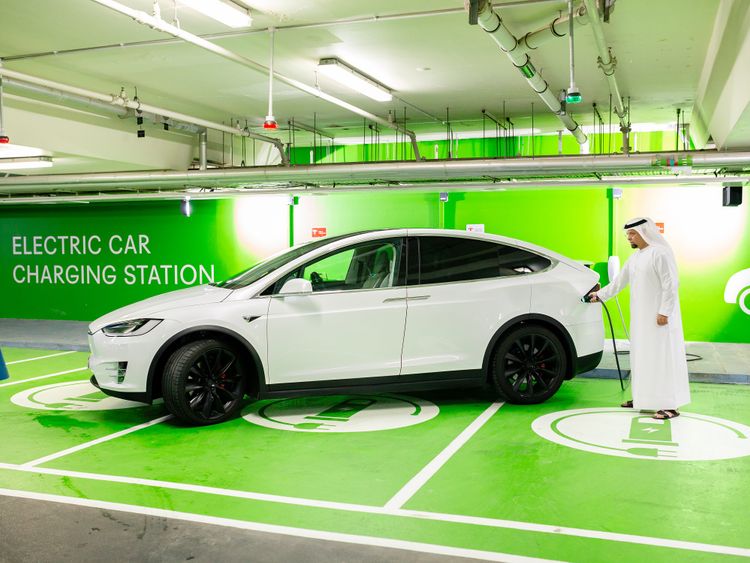As the world continues to embrace sustainable technologies, electric cars have become increasingly popular due to their ability to significantly reduce carbon emissions. The future of electric cars is bright, and there are many exciting advancements being made in the field. In this article, we will explore the future of electric cars and their impact on the environment, as well as the latest advancements in electric car batteries, charging infrastructure, and autonomous driving.
The Impact of Electric Cars on the Environment
Electric cars are widely regarded as one of the most promising solutions to combat climate change. Unlike conventional cars, electric cars produce zero emissions at the tailpipe, which means that they do not release harmful pollutants into the atmosphere. This makes them an attractive alternative to fossil fuel-powered vehicles.
In addition to being emission-free, electric cars are also highly efficient. They convert up to 60% of the energy stored in their batteries into motion, compared to just 20% for internal combustion engines. This means that electric cars require less energy to travel the same distance as conventional cars, which translates to a lower overall environmental impact.
Advancements in Electric Car Batteries
One of the biggest limitations of electric cars has been their range. However, advancements in battery technology are addressing this issue. The latest electric car batteries can provide ranges of up to 500 miles on a single charge, which is comparable to the range of conventional cars.
Battery costs are also decreasing rapidly, making electric cars more affordable. According to BloombergNEF, the average cost of an electric car battery pack fell by 89% between 2010 and 2020, and it is expected to fall further in the coming years.
Another exciting advancement in electric car batteries is solid-state batteries. These batteries use a solid electrolyte instead of the liquid electrolyte used in traditional batteries. Solid-state batteries offer many benefits over traditional batteries, including higher energy density, faster charging times, and improved safety.
Advancements in Charging Infrastructure
Charging infrastructure is another critical component of the future of electric cars. As electric cars become more prevalent, charging infrastructure needs to be readily available and easily accessible. Fortunately, there have been many advancements in charging infrastructure.
The latest electric cars can be charged quickly, with some models capable of charging up to 80% in just 20 minutes. This is made possible by fast-charging stations that use high-powered chargers to deliver electricity to the car’s battery quickly.
Another exciting development in charging infrastructure is wireless charging. This technology uses electromagnetic induction to charge electric cars without the need for cables or plugs. Wireless charging has the potential to revolutionize the way we charge electric cars, making it more convenient and efficient.
Autonomous Driving
Autonomous driving technology is rapidly advancing, and electric cars are at the forefront of this innovation. Electric cars are well-suited to autonomous driving because they have fewer moving parts and require less maintenance than conventional cars.
Autonomous driving has many potential benefits, including improved safety, reduced traffic congestion, and increased efficiency. Electric cars are particularly well-suited to autonomous driving because they can be charged while parked, which means they can operate for longer periods without needing to stop for fuel.
In summary, The future of electric cars is bright, and there are many exciting advancements being made in the field. Electric cars have the potential to significantly reduce carbon emissions and offer many benefits over conventional cars. The latest advancements in electric car batteries, charging infrastructure, and autonomous driving are making electric cars more practical and affordable than ever before. As we look ahead, it is clear that electric cars will play a significant role in the transition to a more sustainable future.

